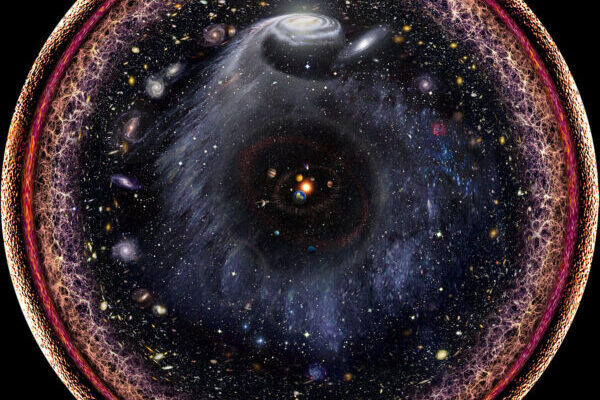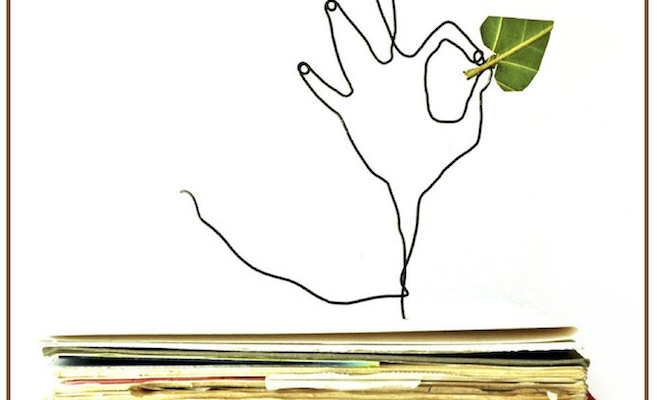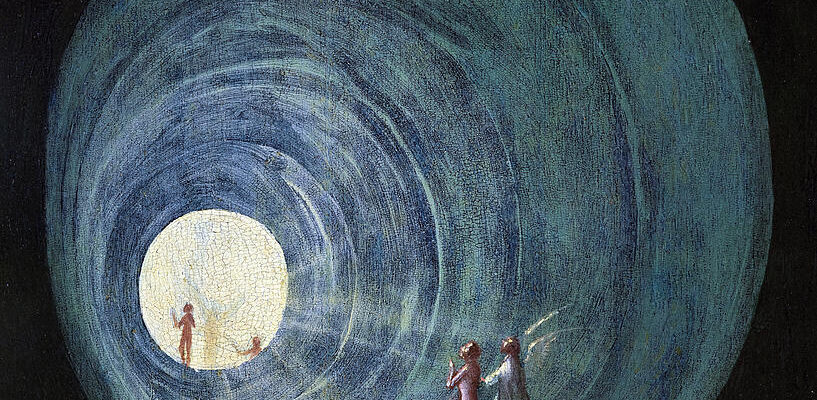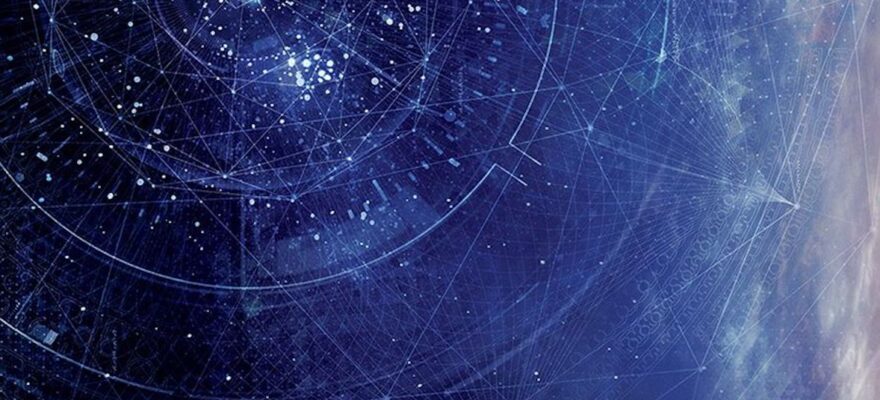To solve the mystery of creation, the eye of the physicist should look for what really is out there, not what he thinks there should be. – Einstein Pablo Carlos Budassi born in Argentina (1980), a talented mathematician, musician and artist with many award-winning spatial design works, made a simple drawing of the cosmos for his son’s birthday. He used the logarithmic maps of the physicists, photographs taken by Nasa and his photoshop app. His logarithmic illustration of the observable universe became globally famous. The physicists acclaimed his work and marked it as the simplest up-to-date picture of the universe. …
Category: Science
“Between the stimulus and response, there is a space and in that space lies our freedom and power to choose our response. In our response lies our growth .” – Viktor Frankl Having survived the concentration camps during World War II, Viktor Frankl wrote his renowned book Man’s Search for Meaning in 1946. He asks the fundamental question “What is the meaning of life ?” The answer, he says, does not lie in theories on life or in meditative thoughts. The meaning is crafted by our conduct. When we ask what life expects from us rather than what we expect …
“Possession is nine tenths of the law” used to say my honorable teacher at university. The lore is when the natural instinct to possess is in excess, it incites jealousy and impairs the psyche. Years later, I came across this exceptional book, Overcoming Jealousy, the best one I have read on this intricate emotion. It unfolds the various manifestations of jealousy, and renders it tangibly clear with examples drawn from real life. The sources of jealousy, whom we envy, why it is often hidden, its destructive effects and remedies to fight it off are genuinely portrayed. Jealousy Defined A universal …
“How we spend our days is, of course, how we spend our lives,” says author Annie Dillard. Goethe, meticulous about the passage of time reflects: “Every second is of infinite value” for one who captures it. Seneca states that what we do each day figures the meaning of our life and calibrates the “relative” passage of time. He says, “ Life, if lived well, is long enough, ” and one can depart with a sense of contentment. In his renown ouevre, the Divine Comedy, Dante vividly depicts the states of souls and their dwellings in the other world. He …
“When you die, you actually know you are dead because your consciousness continues to exist …” says Sam Parnia, director of the first critical care and resuscitation research lab in the world at New York’s NYU Langone Medical Center. Known with his AWARE research, his lab has been studying hundreds of people who had Near-Death Experience (NDE) – who were clinically dead but were brought back to life by resuscitation after a cardiac arrest. The time lapse in-between actual death and coming back to life varied in each case from a few seconds to more than 20 minutes . …
“Our need of nature is an integral part of our humanity, and the bond that unites us with nature is never broken.” Peter Wohlleben recounts how he discovered his hidden bond with nature in The Hidden Life of Trees . The sensation sprung up unexpectedly when he was working to optimize forestry output for the lumber industry. At the time, trees were nothing more than profitable commodities for him. He recounts: One day, as I was doing my daily job across the forest, I stumbled over an old tree stump. When I examined the chunk of wood covering the ground …
There is geometry in the humming of the strings, there is music in the spacing of the spheres. Pythagoras (circa 570 BC), the wise philosopher and polymath put forth that the universe as a whole was composed of harmony and numbers. The planets and stars move according to mathematical equations, their movements correspond to musical notes and that the Sun, Moon and planets all emit their own unique hum based on their orbital revolving. Their orbital resonance generates an inaudible symphony which he called Musica Universalis —music of the universe. The seventeenth century astronomer Johannes Kepler (1571-1630), inspired and intrigued …
One of the most read mystical poets, Rumi (1207-1273) recounts in his seminal Mathnawi the story of the temple of King Solomon . When he started the construction of the temple following the divine order, medicinal plants sprouted one after the other in the courtyards of the temple. Endowed with the gift of speaking the language of animals, plants, and other creatures in nature, King Solomon would ask the emerging sprouts : Tell me your name, what you heal, which medicine are you? whom you hurt, and whom you cure Plants would speak up and count their remedies and …
We may all be familiar with the butterflies flying in our stomach when we are head over heels in love. The heart beats faster, the autonomous nervous system signals excitement and increases oxygen to our muscles, the neuroendocrine system is boosted up; being elevated from head to toe, the body feels lighter and on an instant we can take flight. This is how neuroscientists describe the state of “limbic love.” Emotions are activated in the limbic system of the brain and they coordinate our behavior and physiological states even though we are not always consciously aware of them. The …
Mars, the mysterious red planet named after the Roman God of War has occupied the extraterrestrial fantasies of the humans inhabiting the earth since ancient times. Seeking life on Mars or chances of colonizing Mars, or the contrary, anticipating Martian attacks on earth, have always inspired astronomers, film makers and storytellers. Among the sky watchers, the pioneer was the Italian astronomer Giovanni Schiaparelli (1835-1910) who geared his telescope ceaselessly to observe Mars. He chalked out the red planet’s surface, demonstrating its seas and continents on the map. His most ground breaking observation was the dense …


















Social Profiles